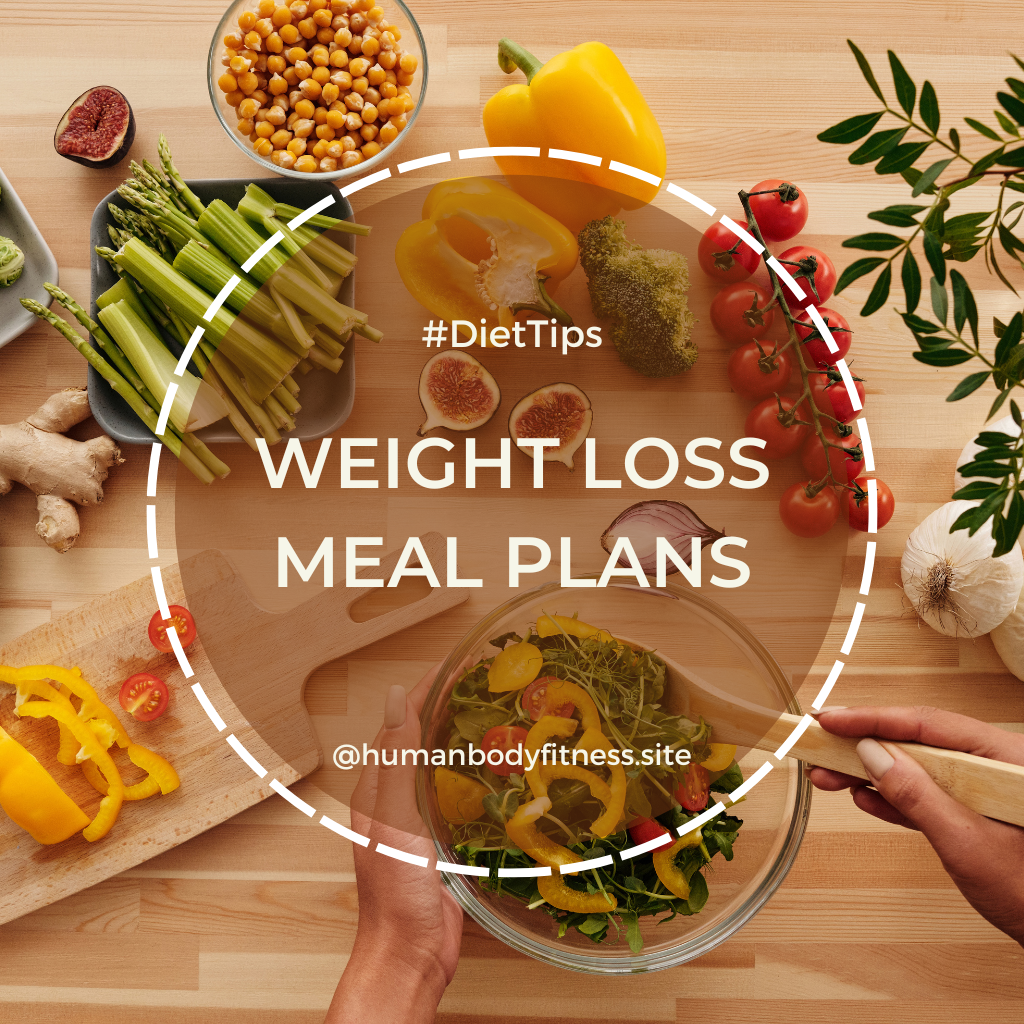Weight Loss

Weight Loss
Introduction
In a world saturated with fad diets and quick fixes, achieving sustainable weight loss can feel elusive. Many promising rapid results often lead to frustration and rebound weight gain. This article explores a balanced, science-backed approach to shedding pounds healthily and maintaining them long-term.
1. Understanding Weight Loss Basics
Weight loss fundamentally hinges on a calorie deficit—burning more calories than consumed. A daily deficit of 500 calories can lead to losing about 1 pound per week, a safe and manageable rate. Metabolism, influenced by age, genetics, and muscle mass, also plays a role. Building muscle through strength training can boost metabolic rate, aiding in more efficient calorie burning.
2. Nutrition: Quality Over Quantity
– Whole Foods Focus: Prioritize nutrient-dense foods like vegetables, fruits, lean proteins, whole grains, and healthy fats. These keep you fuller longer and stabilize blood sugar.
– Balanced Meals: Aim for a mix of protein, fiber, and healthy fats. Example: Grilled chicken, quinoa, and roasted veggies.
– Portion Control: Use smaller plates and check serving sizes to avoid overeating.
– Hydration: Drink water before meals to curb appetite and support metabolism.
– Mindful Eating: Slow down, savor each bite, and avoid distractions to prevent emotional overeating.
3. Exercise: Move More, Sit Less
– Cardio and Strength Training: Combine aerobic exercises (walking, cycling) with resistance training to burn fat and build muscle.
– Consistency: Aim for 150 minutes of moderate weekly activity. Short, frequent workouts trump sporadic intense sessions.
– NEAT Boost: Increase Non-Exercise Activity Thermogenesis by taking stairs, walking during calls, or gardening.
4. Sleep and Stress: The Hidden Factors
Poor sleep disrupts hunger hormones (ghrelin and leptin), increasing cravings. Aim for 7–9 hours nightly. Chronic stress elevates cortisol, promoting fat storage. Manage stress via yoga, meditation, or hobbies.
5. Behavioral Changes for Success
– Set SMART Goals: Specific, Measurable, Achievable, Relevant, Time-bound objectives, like “Walk 30 minutes daily.”
– Track Progress: Use journals or apps to monitor food, exercise, and emotions.
– Seek Support: Engage friends, family, or professionals for accountability.
– Practice Patience: Embrace setbacks as learning opportunities, not failures.
6. Avoiding Common Pitfalls
– Beware of Quick Fixes: Supplements and crash diets often fail long-term and may harm health.
– No Spot Reduction: Fat loss can’t be targeted; focus on overall health.
– Long-Term Mindset: View weight loss as a lifestyle shift, not a temporary phase.
Conclusion
Sustainable weight loss is a journey of nurturing your body with wholesome foods, staying active, and prioritizing mental well-being. Celebrate small victories and practice self-compassion. By adopting gradual, realistic changes, you’ll build habits that last a lifetime. Remember, it’s not perfection that matters—it’s progress.
